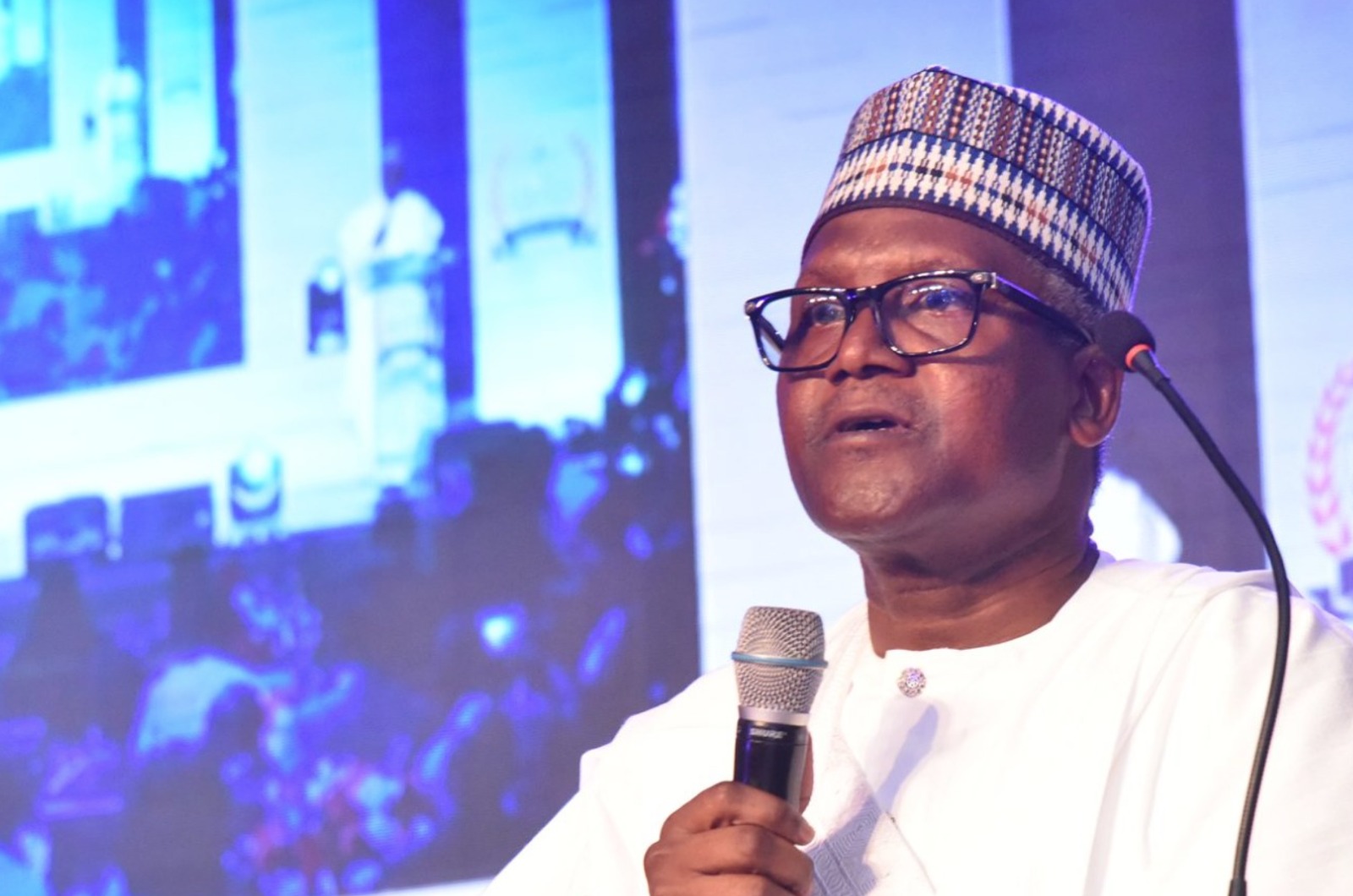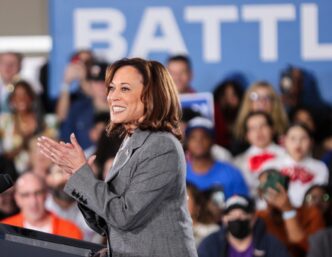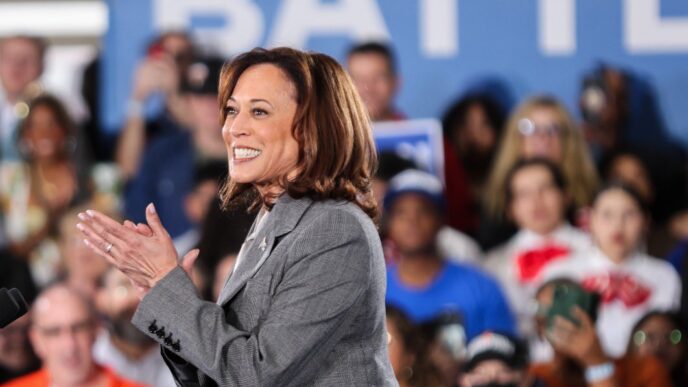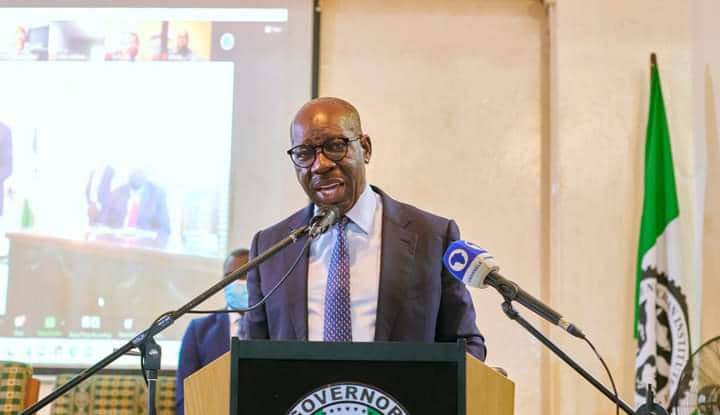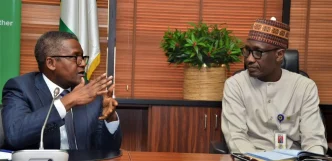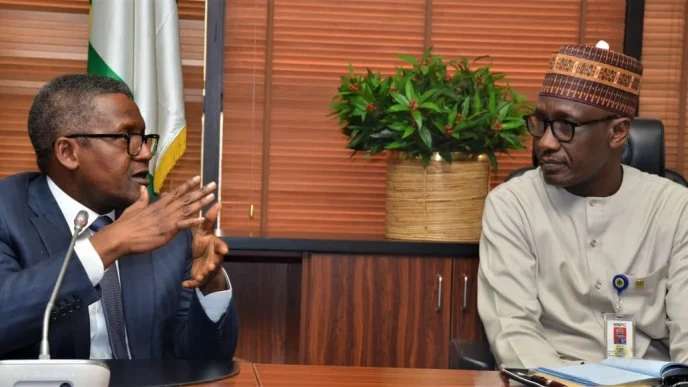The house of representatives
The house of representatives joint committee on petroleum resources (downstream and midstream) has launched a probe into claims that local refineries, including the Dangote Petroleum Refinery, produce inferior products.
The committee is also investigating the allegations that the international oil companies (IOCs) in Nigeria are frustrating the survival of the Dangote refinery.
At the inaugural sitting on Monday, Ikenga Ugochinyere, chair of petroleum resources downstream committee, said a “thorough and transparent” probe would be carried out on the claims, including detailed laboratory investigations at all local refineries, marketers and importers facilities, and regulatory agencies.
The Nigerian Midstream and Downstream Petroleum Regulatory Authority (NMDPRA) and Dangote refinery have been embroiled in a dispute that began recently.
Advertisement
On July 18, Farouk Ahmed, the chief executive officer of NMDPRA had said local refineries, including the Dangote refinery, were producing inferior products compared to the ones imported into the country.
The oil regulator also accused the Dangote of monopoly.
Aliko Dangote, CEO of the Dangote Group, has denied both claims.
Advertisement
Ugochinyere said the committee would further investigate the “indiscriminate” issuance of licences and importation of refined petroleum products, return of PMS price intervention, allegation of product unavailability to marketers from NNPC retail, and endless shifting of timelines for refinery rehabilitation and the nefarious activities at petrol depots.
“The committee will also conduct a legislative forensic investigation into the presence of middlemen in crude trading, alleged unavailability of international standard laboratories to check adulterated products, influx of contaminated products into the country, the allegation of non-domestication of profits realized from crude marketing sales in local banks, abuse of the PFI regime, importation of products already being produced in Nigeria and use of international trading companies to resell fuel stock to local refineries at high mark up prices,” Ugochinyere said.
“The two committees were also mandated to carry out a legislative forensic investigation into the allegation of importation of substandard products and high-sulphur diesel into Nigeria, the alleged production of substandard diesel and other petroleum products by some domestic producers.”
He said the panels will also probe the alleged anomalies in the importation and distribution of PMS by the state oil company, the economic viability of the alleged sale of petroleum products below fair market value and its impact on downstream and local refineries and revenue generation as well as the source of funds for such price interventions, quantity imported, the amount spent and why the products are still high in the retailing market.
Advertisement
In addition, the lawmaker said the committee will investigate the alleged failure of some of the regulators to enforce compliance on standards, the lack of support to local crude refiners, and the issuance of import licences, despite local production.
“Following the investigative order given to the committee by the 10th people’s house, today we are going to officially commence the comprehensive forensic legislative investigation into several critical issues that threaten the stability and trust in our petroleum industry,” he said.
‘WE’LL CONDUCT THOROUGH PROBE’
The lawmaker said the probe will start with addressing allegations concerning the importation of substandard petroleum products and the non-availability of crude oil to domestic refineries, which has raised serious concerns about the quality and safety of fuel in our market.
Advertisement
He said the panel will take a closer look at the integrity of the testing processes for petroleum products in the country, particularly focusing on the capacity and credibility of all the testing labs of all stakeholders in the downstream and midstream value chain, local middlemen and the laboratories they employ.
Ugochinyere said to ensure a thorough and transparent investigation, the committee would undertake detailed laboratory investigations at all local refineries, marketers’ and importers’ facilities, regulatory agencies, state oil companies, and other players in the sector.
Advertisement
“We will visit various filling stations, depots, and tank farms to take samples in line with intl standards, verify the quality of imported products and asses the testing capacities of all refineries and all refined product handling outfits,” he said.
“The collection of samples will be done transparently and in line with global best practices and would be in 4 specimens for independent testing in a different standard, accredited Laboratory including that of all stakeholders involved in refining and importation of refined petroleum products.
Advertisement
“The committee will select different locations, including filling stations, depots and even currently discharging ships. Samples shall be taken in the presence of representatives of NMDPRA, refinery representatives, marketers/importers and the committee.
“After collection, the samples will be tested jointly and also independently by the committee and the stakeholders to ascertain the contents. Component to be tested for as listed as follows: sulfur content, density, distillation, flash point, octane number for gasoline and cetane number for diesel.”
Advertisement
‘STAKEHOLDERS WILL BE INVITED’
Ugochinyere said zonal interaction committees would be set up to ensure “swift movement” to different parts of the country to interact with stakeholders and take samples from stakeholders’ facilities for immediate laboratory analysis.
He said invitations would be dispatched on Monday (today) for submissions of relevant documents and appearances to key stakeholders, regulatory bodies, state oil companies, petroleum products refining companies, IPMAN, PETROAN, independent oil producers, IOCs, importers, marketers, depot owners and other stakeholders too numerous to mention.
“We are committed to transparency, thoroughness, and accountability throughout this process that will help us to identify and resolve the underlying issues plaguing Nigeria’s petroleum sector,” Ugochinyere said.
Therefore, he said the committee resolved that parties in the raging argument — Dangote refinery, other refining companies, NMDPRA, marketers and relevant stakeholders — “should henceforth cease further allegations and counter-allegations pending the conclusion and outcome of the investigation”.
Add a comment




